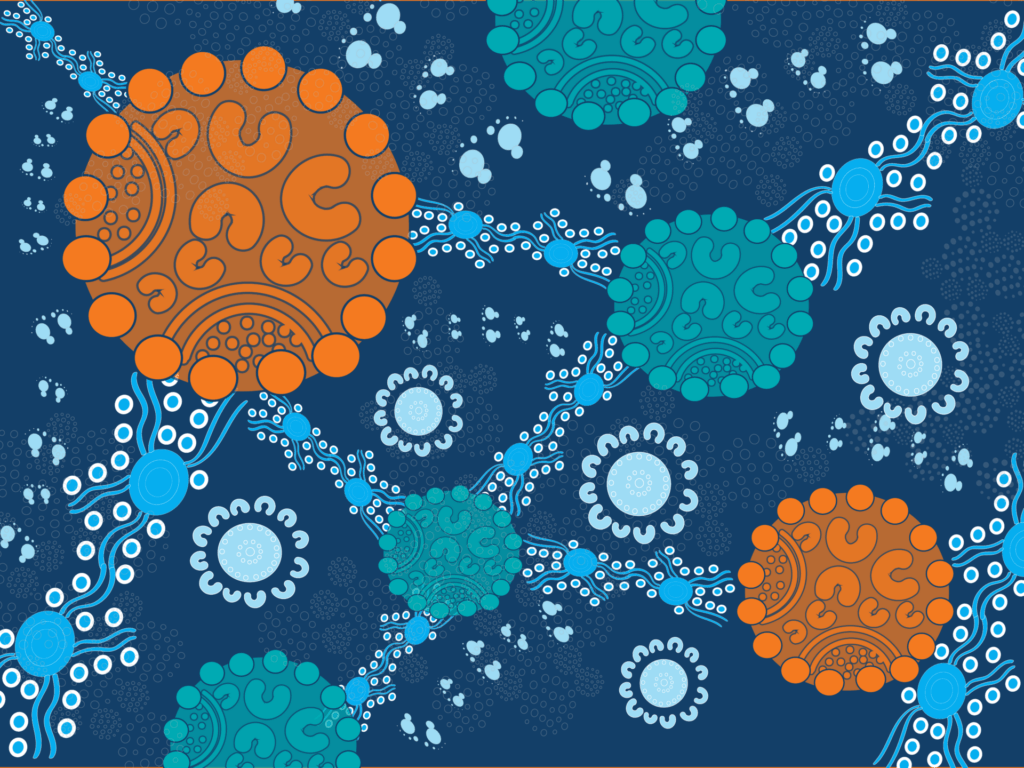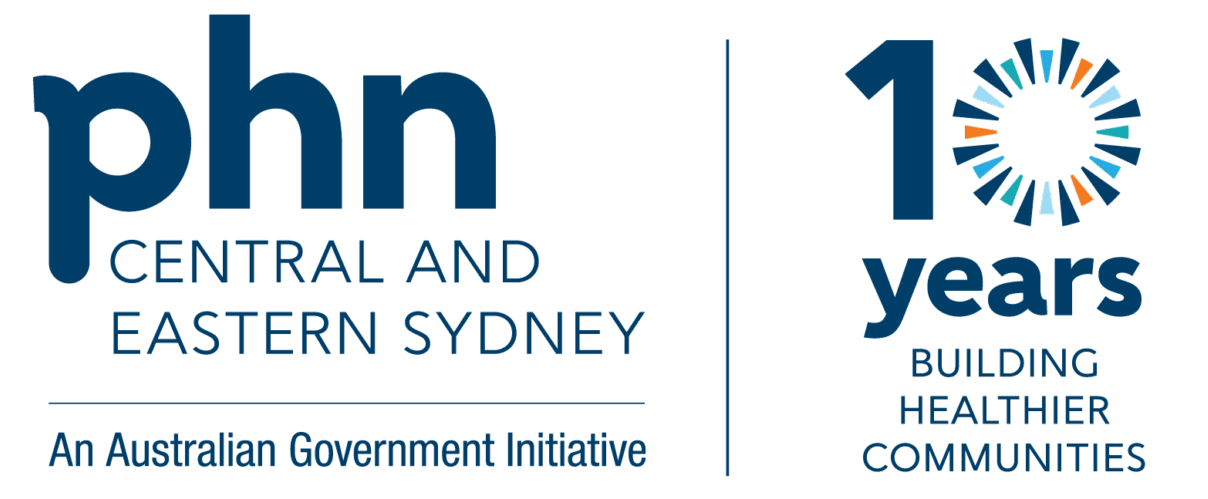Aboriginal health

Resources and useful links
The Australian Government’s Closing the Gap Chronic Disease Program consists of the following:
- Identification and recording Aboriginal and / or Torres Strait Island status
- Aboriginal and Torres Strait Islander Health Assessment Check (MBS Item 715)
- Follow-up Allied Health Services
- Indigenous Practice Incentive Program (PIP)
- PBS Co Payment Measure
- Follow-up services provided by Practice Nurse or registered Aboriginal Health Worker
- Chronic Disease Management Items (GPMP/TCA)
Available to any Aboriginal and/or Torres Strait Islander patient who has received a health check, and the need for allied health services was identified. Maximum 5 services per year.
Includes:
- Aboriginal Health Worker
- Diabetes Education
- Audiology
- Podiatry
- Exercise Physiology
- Chiropractic
- Dietetics
- Osteopathy
- Mental Health Worker
- Psychology
- Occupational Therapy
- Speech Pathology
- Physiotherapy
Referral to Allied Health for Follow Up Services for Aboriginal and Torres Strait Islander people Factsheet
Follow-up Allied Health Services for People of Aboriginal and Torres Strait Islander Descent (MBS Items 81300-81360) Fact Sheet
Referral to Allied Health Template
Indigenous follow up referral form
There are several resources available to assist organisations such as General Practices to assess whether their service is culturally safe. Below are resources to assist with developing a culturally safe service interested GPs and Practices.
- Cultural Awareness Self-Assessment Toolkit – ACT Council of Social Service Inc
- Working with Aboriginal people and communities: Health and community services audit – Making Two Worlds Work
CESPHN also facilitates regular Cultural Awareness Training CPD events for General Practitioners, Practice Nurses, Practice Staff and Allied Health Providers. Please view our events page for a list of upcoming training sessions. These events are free of charge for financial members. For more information on how to become a member see our membership page here
- Working with Aboriginal people [PDF, 1,738Kb]
- Aboriginal Health and Medical Research Council of NSW
- National Aboriginal Community Controlled Health Organisation
- Australian Indigenous HealthInfoNet
- Koori Mail
- pdfSteps to MBS Claiming pathways for Aboriginal and Torres Strait Islander Patients (308 KB)
- Aboriginal and Torres Strait Islander health assessments – barriers to improving uptake. Kehoe, H., Lovett, R. W. 2008
- RACGP Position Statement – Aboriginal and Torres Strait Islander health. May 2010.
- A healed and healthy country: understanding healing for Indigenous Australians. Tamara Mackean, 2009.
- Aboriginal and Torres Strait Islander Health Performance Framework 2010 report. Australian Institute of Health and Welfare, 2010.
- Indigenous Health Snapshot 2012
- Closing the Gap website
- Closing the Gap – Progress and priorities report 2016
- A role for general practice – RACGP review
Related Content

Immunisation update – 16 February 2026
Immunisation Weekly Update: Vaccination across the lifespan: A comprehensive vaccination workshop Get prepared for 2026 flu vaccinations – review your pre allocation Measles alerts for Sydney Education Vaccination across the lifespan: A comprehensive vaccination workshop CESPHN would like to invite immunisers working within our region to join us for an…
Practice nurse update – 11 February 2026
Practice nurse update – 11 February 2026 Practice nurse orientations Networking opportunities News and announcements Education opportunities CESPHN – SUPPORT FOR NURSES WORKING IN GENERAL PRACTICE Are you a new nurse working in general practice? Our practice support team are available to provide you with a Practice Nurse orientation session…

Immunisation update – 11 February 2026
Immunisation Weekly Update: Rising pertussis rates coincide with coverage drop in NSW Childhood immunisation coverage data Second season RSV doses for at-risk children Providing information about vaccination to linguistically diverse communities Education Rising pertussis rates coincide with coverage drop in NSW New South Wales (NSW) is seeing a marked increase in…

Immunisation update – 4 February 2026
Immunisation Weekly Update: Monitoring: Nipah Virus Detected Overseas Meningococcal Surveillance Report 2025 Measles alert for Sydney Education Monitoring: Nipah Virus Detected Overseas Two confirmed cases of Nipah virus infection have been reported in West Bengal, India. Nipah virus has never been detected in Australia, and the Australian Government is monitoring…

Immunisation update – 27 January 2026
Immunisation Weekly Update: CESPHN Annual Immunisation Update on 24 March Shingles vaccine uptake jumps after Shingrix added to NIP Measles alerts for Sydney Updated ‘Following vaccination’ resource Immunisation Handbook chapter updates Education CESPHN Annual Immunisation Update on 24 March Join us on 24 March for CESPHN’s Annual Immunisation Update, where…
Decommission of the MedicineWise and Doctor’s Bag mobile applications
Decommission of the MedicineWise and Doctor’s Bag mobile applications From midday Tuesday 10 February In January 2023, the MedicineWise (MWA) and Doctor’s Bag (DBA) mobile applications were transitioned from the former NPS MedicineWise to the Australian Commission on Safety and Quality in Health Care (the Commission). MWA enables consumers and health professionals…
